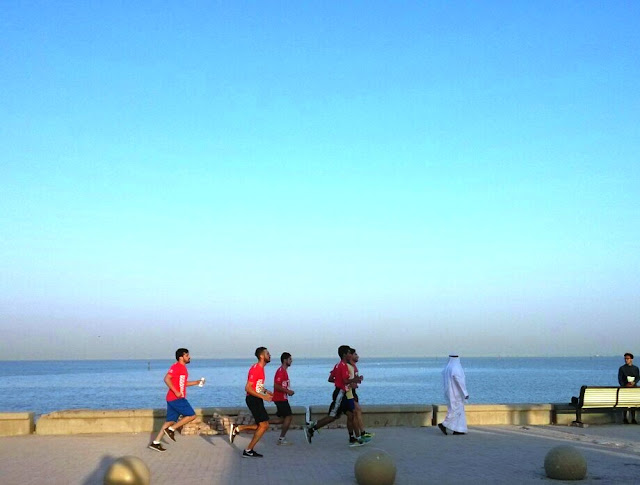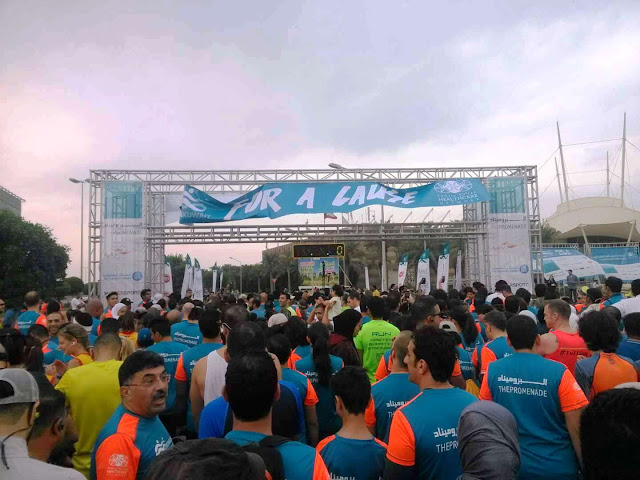If you walk (or you try to walk) in Kuwait and you pay attention to the entrances of the houses, you will discover that sometimes there are some divans forming an inverted U. Here is where Kuwaitis gather together to celebrate one of the most entrenched costumes in the country, representing one of the main pillars of socialization and communication. It is the called “diwaniya”, a gathering sometimes about political and social topics, or merely to spend time chatting, eating and drinking tea in a relaxed atmosphere.
The diwaniyas can be both private (among closed groups of friends or relatives) or public, where everyone can participate and give some opinions. In this case, people discuss generally political topics, like a small citizen’s assembly, providing active participation for the people. They are especially active during election periods. This kind of meetings are a good examples of the level of freedom of speech existing in Kuwait, with more democratic participation than other countries in this area.
According to what I heard, it is not usual that a foreigner can be invited to participate in a private diwaniya, although it is normally possible to join to any public one, as long as the language is not an obstacle. I already commented in another post that AWARE association organizes discussions every Tuesday, mainly for foreigners in Kuwait, where a moderator holds a debate in English around several topics related to cultural exchange between Western and Arab culture. In these events, not only you can learn interesting information, but they are also a good opportunity to meet new people, something which is not very easy in this place as we already know.
I am glad to know that traditions like this one are being kept, with debates promoting the dialogue, the understanding of other realities and the critical thinking, in this World where people tend more and more to criticize with resentment and without any base, from the anonymity of social media. We have to go out more, knowing, discovering and experimenting and, if it is possible, debating with other people face to face, with empathy and without blind hatred. It is a way to improve somehow the coming prospect we will need to face.



















